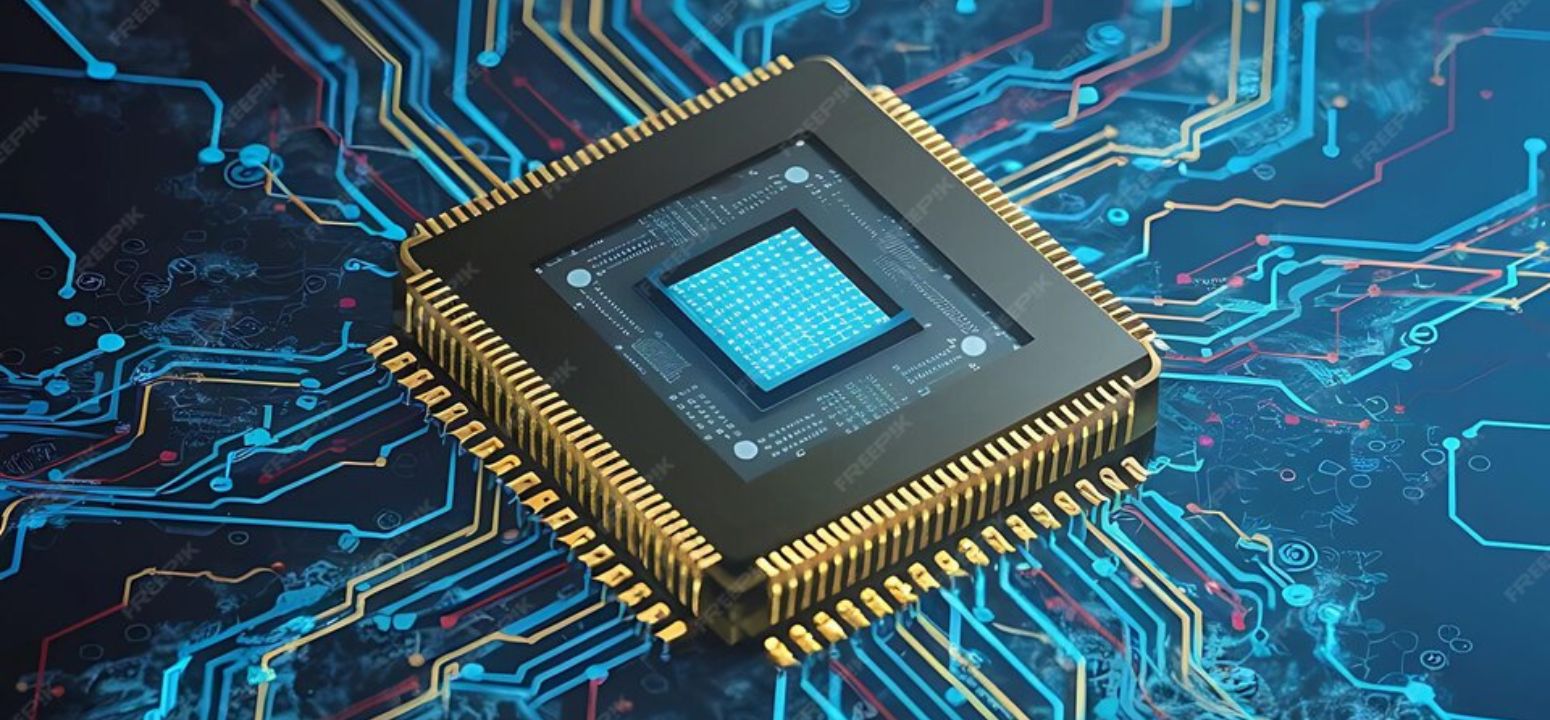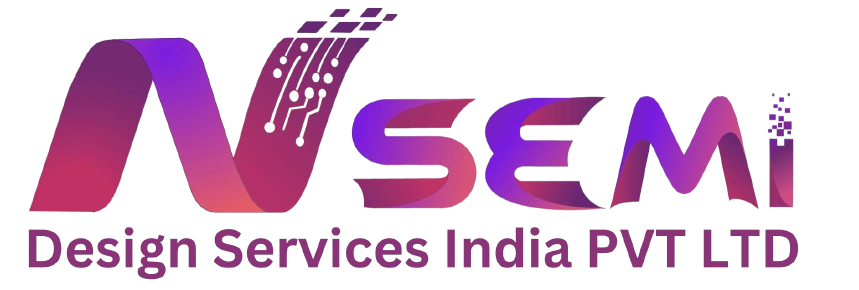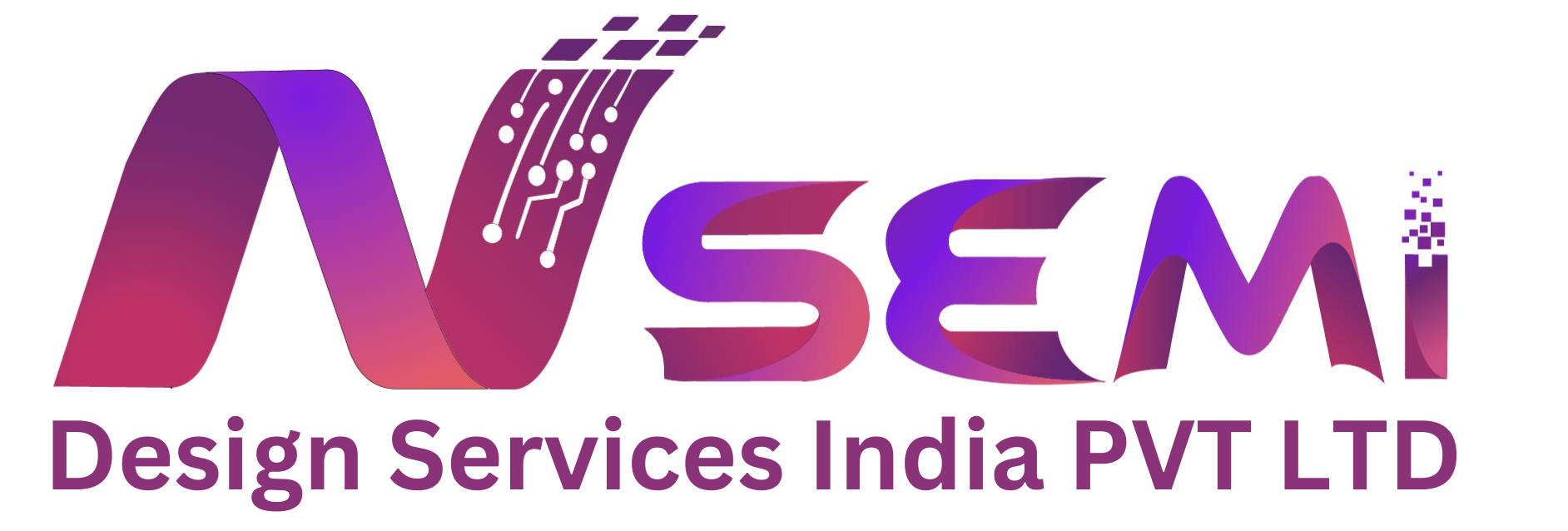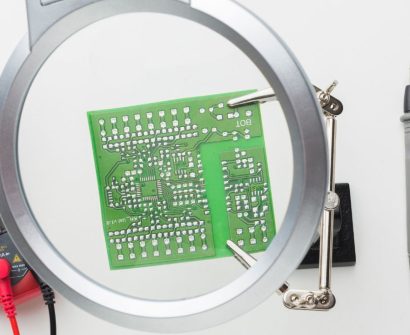
The semiconductor industry has long been dominated by a few large companies, but in recent years, startups have been making significant inroads. These small, agile companies are bringing innovative ideas and approaches to chip design, shaking up an industry known for its high barriers to entry. In this post, we’ll explore how semiconductor startups are innovating in the chip design space and the unique contributions they bring to the sector.
1. Leveraging AI and Machine Learning for Chip Design
One of the most exciting innovations coming from semiconductor startups is the use of artificial intelligence (AI) and machine learning (ML) in chip design. Traditionally, chip design has been a manual and time-consuming process, but startups are developing AI-driven tools that automate significant portions of the design cycle.
These tools can predict potential design issues, optimize layouts for efficiency, and reduce the number of iterations needed for a successful design. Companies like Celestial AI and SiFive are at the forefront of this revolution, making it easier for engineers to create highly complex chips in less time.
SEO Focus Keyword: AI-driven chip design
2. Innovation in Low-Power and Energy-Efficient Designs
As the demand for IoT devices and mobile electronics grows, there is a pressing need for chips that consume less power while maintaining high performance. Startups are seizing this opportunity by designing low-power chips optimized for energy efficiency, particularly in edge computing and wearables.
For example, GreenWaves Technologies focuses on ultra-low-power processors for IoT applications, and Ambiq Micro develops chips using their Subthreshold Power Optimized Technology (SPOT), enabling products to last longer on battery power.
SEO Focus Keyword: Low-power semiconductor design
3. Custom Silicon and Open-Source Chip Design
Startups are also embracing open-source chip design, enabling greater flexibility and customization in creating semiconductors. Open-source platforms like RISC-V are allowing small companies to design custom silicon solutions that are both cost-effective and highly specialized for niche applications.
This trend democratizes chip design, allowing even companies with limited resources to enter the space and produce innovative, custom silicon. SiFive, a pioneer in this area, offers customers the ability to customize their RISC-V cores to match their specific requirements, which is particularly useful for startups targeting industries like aerospace, automotive, and defense.
SEO Focus Keyword: Custom silicon design
4. Pushing Boundaries in Quantum Computing
Quantum computing is still in its infancy, but startups are pushing the boundaries by working on quantum chips that can process data in ways classical semiconductors cannot. These startups are laying the groundwork for the next generation of computing.
Companies like Rigetti Computing and PsiQuantum are making strides in creating quantum chips that could revolutionize industries from finance to healthcare. While large corporations are also investing heavily in quantum computing, startups are often the first to explore innovative approaches that lead to breakthroughs.
SEO Focus Keyword: Quantum chip design
5. Expanding into Specialized Markets with Niche Products
Startups often thrive by identifying specialized markets and developing niche semiconductor products tailored to specific applications. For instance, companies like Graphcore are focused on designing chips for artificial intelligence workloads, while Mythic AI is creating innovative analog compute-in-memory technology for edge AI applications.
By focusing on highly specialized needs, these startups can avoid direct competition with larger players and carve out profitable market segments.
SEO Focus Keyword: Specialized semiconductor design
6. Simplifying the Chip Manufacturing Process
In addition to innovation in design, semiconductor startups are also focusing on simplifying the chip manufacturing process. By leveraging advanced technologies like 3D chip stacking, startups are finding ways to pack more functionality into a smaller footprint, improving performance while reducing power consumption.
Companies like Deca Technologies are pushing the envelope in advanced packaging, making it easier and more cost-effective to manufacture complex chips.
SEO Focus Keyword: Advanced semiconductor packaging
7. Addressing the Global Chip Shortage
The ongoing global chip shortage has created opportunities for semiconductor startups to step in and address supply chain bottlenecks. Startups like Rapid Silicon are offering field-programmable gate arrays (FPGAs) as a flexible solution to meet the demand for customized chips across various industries. These FPGAs can be programmed after manufacturing, providing companies with quicker turnarounds and adaptability to changing market needs.
SEO Focus Keyword: Semiconductor supply chain innovation
8. Collaborative Ecosystem for Innovation
One key advantage that semiconductor startups have is their ability to form partnerships with foundries, EDA tool providers, and research institutions. These collaborations enable startups to access cutting-edge technology and expertise, allowing them to punch above their weight. Startups like N-Semi Designs are partnering with industry leaders to leverage high-performance compute infrastructure, which is essential for success in fields like physical design and silicon realization.
SEO Focus Keyword: Semiconductor startup ecosystem
Conclusion
Semiconductor startups are driving innovation by embracing cutting-edge technologies, specializing in niche markets, and developing efficient, custom silicon solutions. They are transforming chip design, manufacturing, and supply chains, and their contributions are poised to reshape the entire semiconductor landscape. With the barriers to entry lowering thanks to open-source platforms and collaborative ecosystems, the future of semiconductor engineering looks bright, fueled by the innovation of startups.







